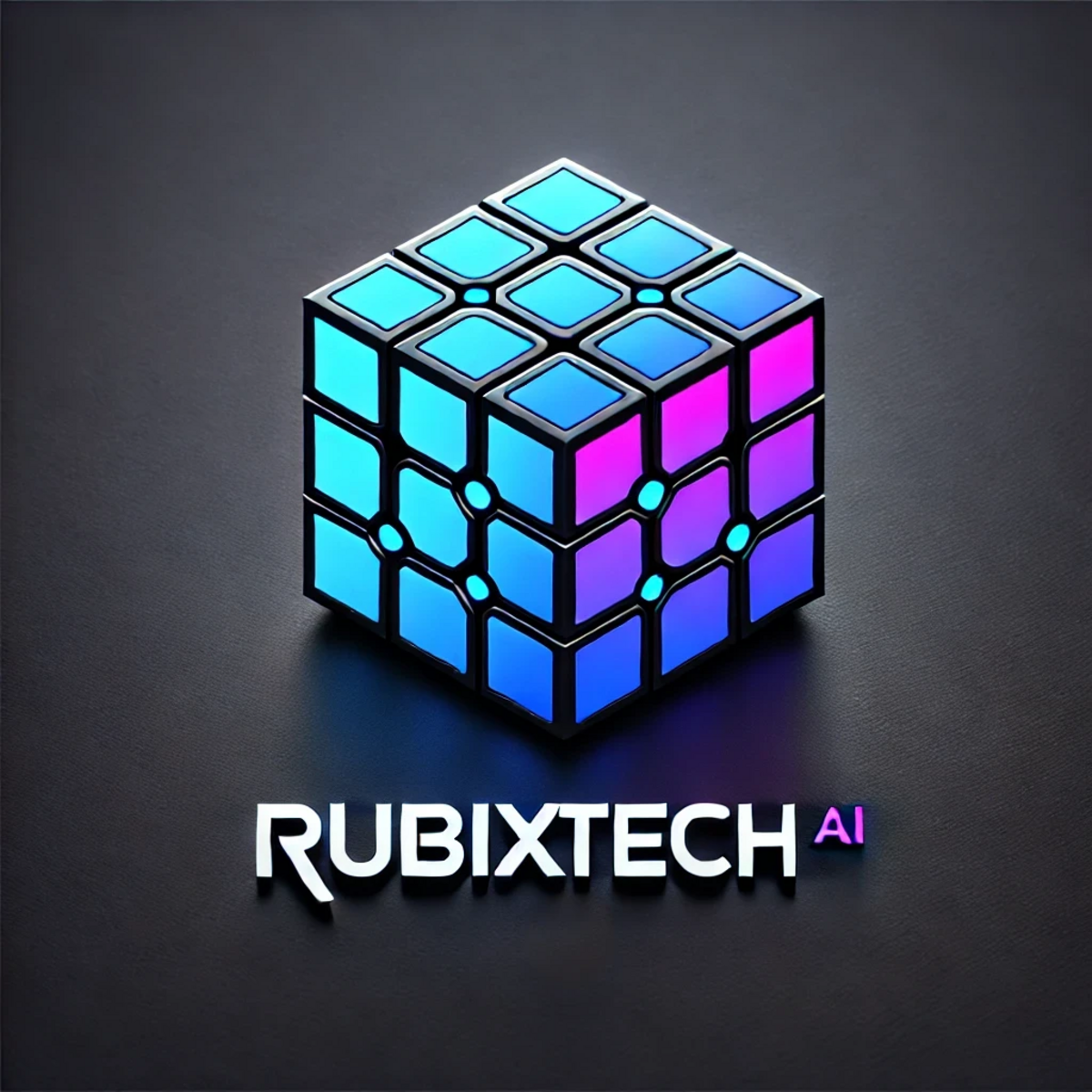Today’s Contents
🚀 Making Money with AI SaaS
🧰Tech Toolbox
🚀 Making Money with AI SaaS: A Comprehensive Guide

Artificial Intelligence (AI) has significantly transformed the Software as a Service (SaaS) industry, offering a plethora of opportunities for entrepreneurs to create and monetize innovative solutions. From automating routine tasks to enhancing decision-making processes, AI-powered SaaS applications are in high demand. This article delves into various types of AI SaaS, popular examples, and essential tools to get started and succeed in this burgeoning field.
Types of AI SaaS
AI Writing Tools: Tools like Jasper AI and Writesonic assist in generating high-quality content for blogs, marketing, and social media. They offer features such as SEO optimization and content templates, helping businesses produce engaging content more efficiently.
AI Coding Assistants: GitHub Copilot is a prime example, providing real-time code suggestions, automating repetitive tasks, and aiding in debugging. These tools significantly speed up the development process, enabling quicker product launches.
AI Chatbots: Chatbots like those offered by Hootsuite enhance customer service by providing 24/7 support, gathering customer feedback, and even detecting fraudulent behavior. They help businesses maintain high customer satisfaction and streamline operations.
AI for Investment and Finance: Platforms such as Investing.com leverage AI to provide real-time data, technical analysis, and financial news, aiding investors in making informed decisions.
AI for Cybersecurity: With increasing cyber threats, AI-powered cybersecurity solutions offer advanced threat detection, encryption, and real-time monitoring, crucial for protecting business data.
Popular AI SaaS Companies
Shift Technology: Shift Technology uses AI to optimize insurance claims processing, fraud detection, and risk assessment. Their solutions help insurance companies streamline operations and improve accuracy in claims management.
TravelPerk: An AI-powered travel management platform, TravelPerk automates the booking process, provides real-time travel updates, and offers robust expense management features, making business travel more efficient and cost-effective.
Uniphore: Specializes in conversational AI and automation solutions, Uniphore enhances customer service through AI-driven voice assistants and speech analytics, improving customer interactions and operational efficiency.
HeyGen: Focuses on AI-driven video generation, HeyGen allows businesses to create high-quality video content efficiently, automating editing processes and enabling personalized video marketing at scale.
AdCreative.ai: Utilizes AI to generate marketing creatives, AdCreative.ai helps businesses produce optimized ad content that resonates with target audiences, improving engagement and conversion rates.
Getting Started with AI SaaS
Identify a Niche: Begin by identifying a specific problem or need within a niche market. For example, creating an AI tool for managing social media content or an AI-powered investment analysis platform.
Choose the Right Tools: Utilize AI development tools like OpenAI’s GPT-4 for natural language processing, TensorFlow for machine learning, and cloud platforms like AWS or Google Cloud for scalable infrastructure.
Develop an MVP: Focus on building a Minimum Viable Product (MVP) with core features to test the market and gather user feedback. This helps in iterating and improving the product before a full-scale launch.
Marketing and Sales: Use AI tools for digital marketing to reach your target audience effectively. Optimize your website for voice search and leverage AI-powered SEO tools to improve visibility.
Subscription Models: Most AI SaaS businesses thrive on subscription-based models, offering tiered pricing based on features and usage. This ensures a steady stream of revenue and customer retention.
Conclusion
The AI SaaS landscape is ripe with opportunities for innovation and profitability. By leveraging the right tools and focusing on solving specific problems, entrepreneurs can build successful AI-powered SaaS businesses. Whether it’s enhancing content creation, optimizing marketing efforts, or securing data, AI SaaS solutions are set to revolutionize how businesses operate and grow in the digital age.

Five AI SaaS Companies in Marketing, Automation, and Productivity
HubSpot: Provides a comprehensive marketing, sales, and customer service platform with powerful automation tools to enhance productivity and drive growth. Visit HubSpot
AdCreative.ai: Utilizes AI to generate optimized ad creatives, helping businesses improve engagement and conversion rates through data-driven marketing strategies. Visit AdCreative.ai
ActiveCampaign: Offers an integrated email marketing, automation, and CRM platform designed to streamline customer experience and increase business productivity. Visit ActiveCampaign
Marketo: Specializes in marketing automation software that helps businesses manage and optimize customer interactions and marketing campaigns across multiple channels. Visit Marketo
Pipedrive: An AI-driven sales CRM and pipeline management software that automates repetitive tasks, enhancing sales productivity and efficiency. Visit Pipedrive

